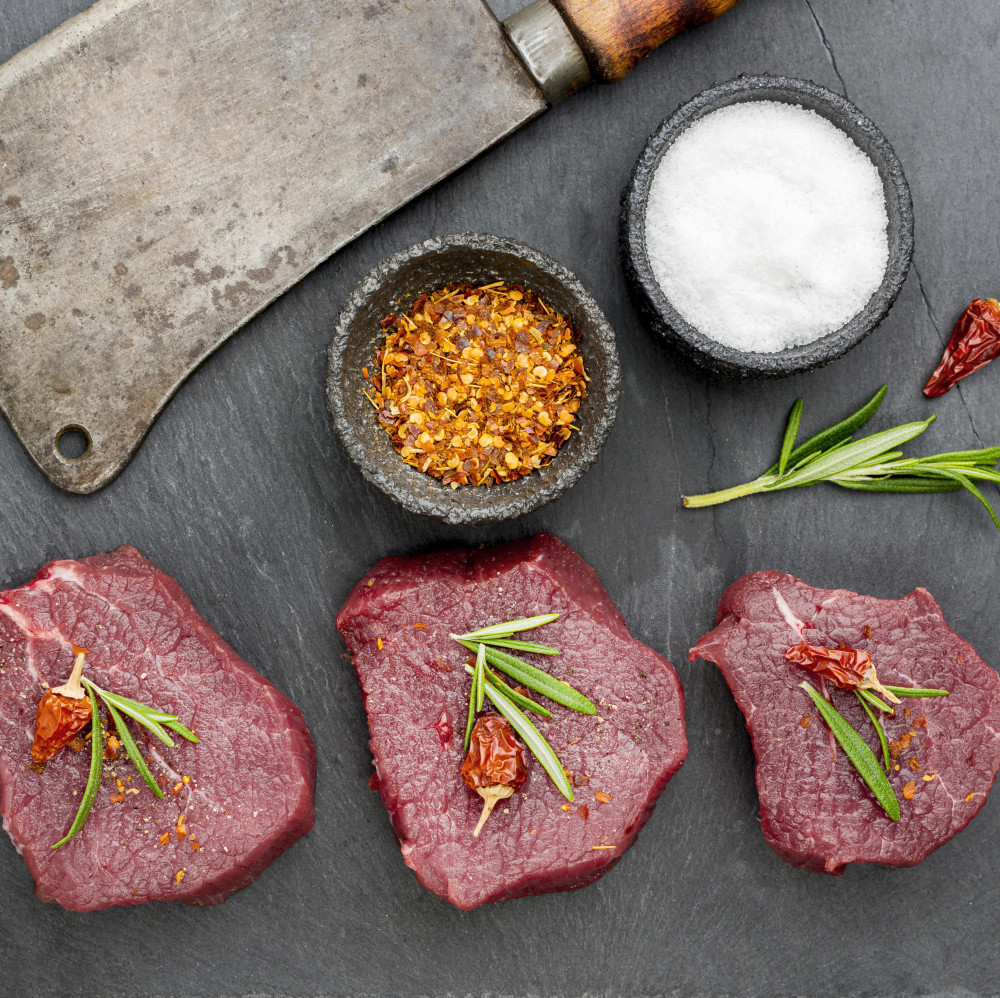
El futuro de la carne: cómo los análogos de origen vegetal y celular están cambiando el mercado
De la granja al laboratorio
Hace apenas diez años, hablar de "carne de probeta" se consideraba ciencia ficción. Hoy, ya es parte de la realidad: las hamburguesas vegetales aparecen en los menús de los restaurantes, y las empresas emergentes de carne de origen celular reciben miles de millones de dólares en inversiones. La lógica es simple: el mundo busca alternativas a la ganadería tradicional, asociada a altas emisiones de CO₂, problemas éticos y un enorme consumo de recursos.
¿Por qué la carne vegetal está ganando impulso?
Las alternativas vegetales (a base de proteína de soja, guisantes y hongos) dejaron de considerarse "alimentos veganos" hace tiempo. Grandes marcas como Beyond Meat, Impossible Foods y Oatly han lanzado sus productos al mercado masivo.
Ventajas:
- disponibilidad (se pueden producir a escala industrial),
- economía (menos emisiones y consumo de agua),
- comercialización (nuevo producto para un estilo de vida más saludable).
Contras: El sabor y la textura siguen siendo inferiores a la carne real, aunque la tecnología está mejorando rápidamente.
Carne a base de células: carne sin animales
La carne de origen celular se cultiva a partir de células en biorreactores. En esencia, es lo mismo que la carne, pero sin sacrificar animales. En 2023, se vendieron oficialmente nuggets y hamburguesas de pollo cultivadas en laboratorio en Singapur y Estados Unidos.
El problema es el precio. Hoy en día, un kilogramo de esta carne cuesta cientos de dólares, pero los expertos confían en que dentro de 10 a 15 años se convertirá en un producto de consumo masivo.
El mercado ruso: ¿en recuperación o prometedor?
Aunque todavía hay pocos actores en este campo en Rusia, la tendencia se está consolidando gradualmente. Están surgiendo startups de carne vegetal, y el interés del comercio minorista y del sector HoReCa está creciendo. Sin embargo, la demanda aún es limitada; los consumidores se muestran cautelosos: "¿Esto te saciará?" y "¿Es perjudicial?" siguen siendo preguntas clave.
Ecología y ética
Los defensores de la carne alternativa destacan las siguientes cifras:
- producir 1 kg de carne de res requiere hasta 15.000 litros de agua.
- la ganadería es la mayor fuente de metano.
- el 70 % de las tierras agrícolas se destina a la alimentación del ganado.
Los sustitutos de la carne nos permiten reducir la carga sobre el planeta manteniendo al mismo tiempo alimentos familiares en nuestra dieta.
El futuro: sinergia, no sustitución
Los expertos coinciden: la carne tradicional ha llegado para quedarse. Pero su presencia en la dieta disminuirá gradualmente. Los productos vegetales y celulares ocuparán el nicho de la comida rápida, la comida de consumo masivo y la clase media urbana. En 20 años, probablemente habrá tres tipos de carne en los supermercados: "de granja", "vegetal" y "celular".
Resultado
El futuro de la carne no implica renunciar al bistec tradicional. Implica ampliar la oferta: quienes busquen una opción más sostenible y ética tendrán una alternativa. Las ganadoras serán las empresas que combinen sabor, asequibilidad y confianza del consumidor.









